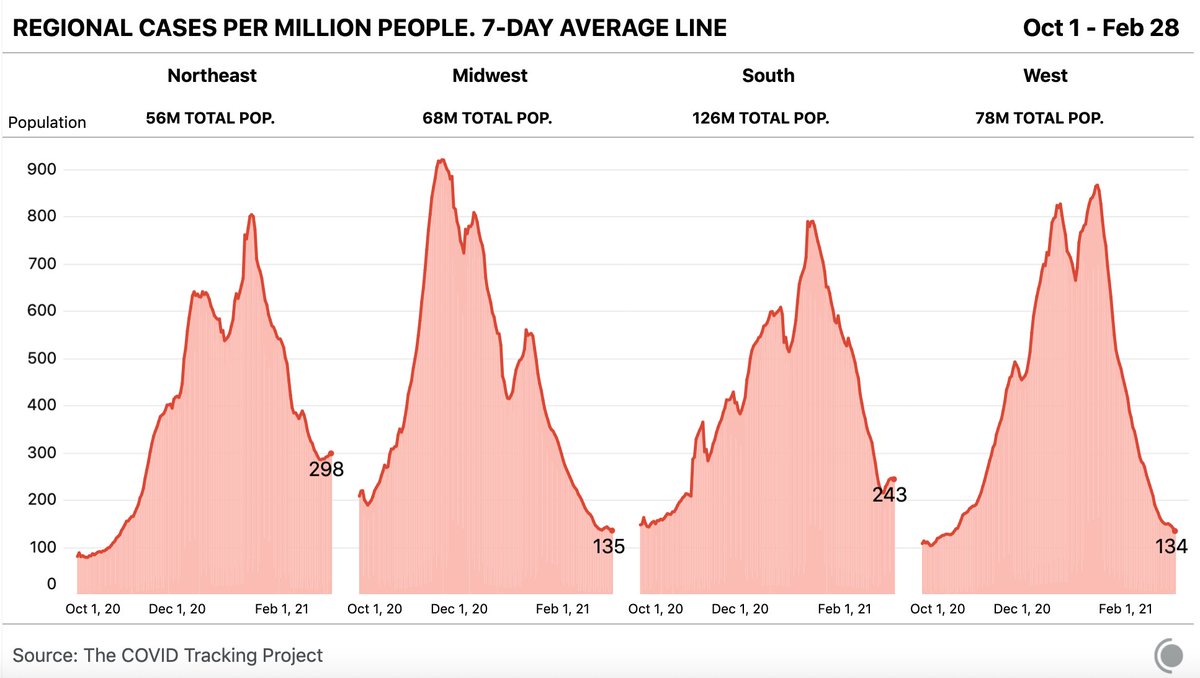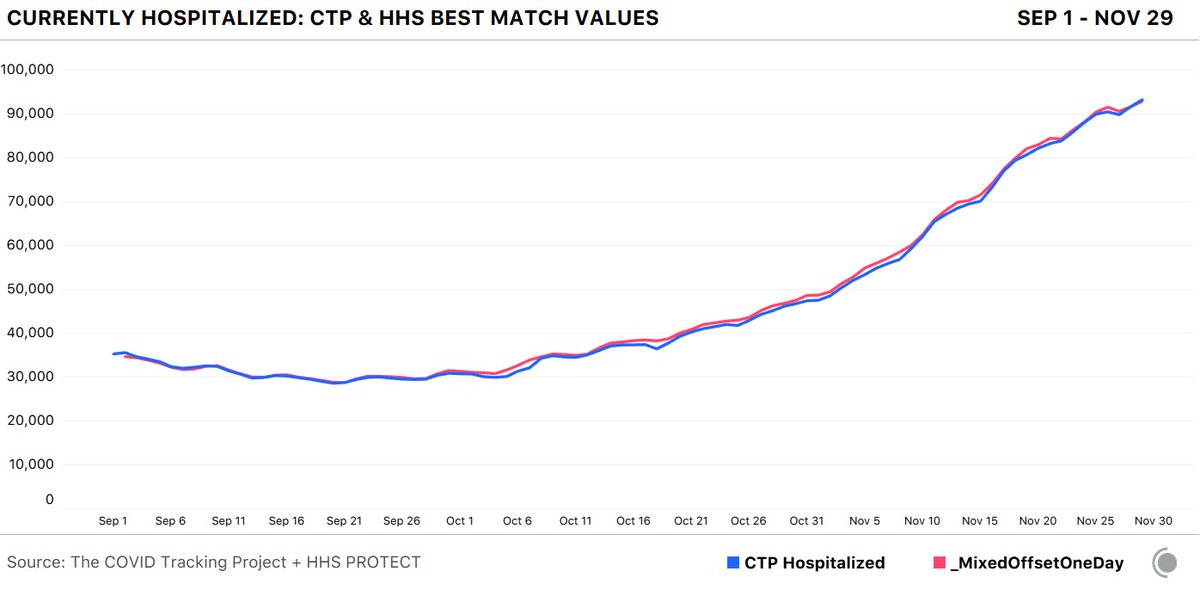
Hanging up the cleats here. Now over at Instagram: @alexismadrigal.
Hosting @kqedforum, book with @mcdbooks, building Oakland Garden Club…
4 subscribers
How to get URL link on X (Twitter) App


https://twitter.com/dannyman/status/1587975416878284800I thiiiiink that a Discord-like future is more likely than a Mastodon-like future, but … we’ll see?




 The CDC COVID Data Tracker needs a note so that people looking at the chart understand this spike. We've interfaced intensely with the public, answering thousands of queries from people about problems like this. People want this information and shouldn't have to scramble for it.
The CDC COVID Data Tracker needs a note so that people looking at the chart understand this spike. We've interfaced intensely with the public, answering thousands of queries from people about problems like this. People want this information and shouldn't have to scramble for it.

https://twitter.com/dvergano/status/1366423506901225475The story around cases is a little more complicated. But you can zoom in and start to get a sense of things... Here's your regional look, which shows the little upward hooks are in the South and Northeast.

https://twitter.com/bogheadchew/status/1363727636791504896?s=20







https://twitter.com/COVID19Tracking/status/1333574898464112640@COVID19Tracking doesn't create projections. I'm just talking as me here, working from the model that @trvrb created to help think about the relationship between cases and deaths.

 As for other holidays, the numbers go way down for several days, and it takes a week for the 7-day averages of most metrics to become useful again.
As for other holidays, the numbers go way down for several days, and it takes a week for the 7-day averages of most metrics to become useful again. 

https://twitter.com/trvrb/status/1326404894954283008?s=20Shakily, I looked into what Trevor did. He looked at state case and death numbers to determine how many days in the past cases best aligned with today's death toll. Empirically, the number was about 22 days.


https://twitter.com/covid19tracking/status/1327044583755280388I know there are many, many civil servants inside the Federal government working hard on this response. We owe them our thanks.
https://twitter.com/tatereeves/status/1282783825219682304?s=20
https://twitter.com/COVID19Tracking/status/1282070616867172352Worse, there's no end in sight. No policies have gone into effect that seem likely to reverse the trends. And we've already baked in worse because of all the lag.


 And though the total testing numbers are better than they've ever been... The south is producing 50%+ of the cases with only 33% of the testing. And things are trending in the wrong direction.
And though the total testing numbers are better than they've ever been... The south is producing 50%+ of the cases with only 33% of the testing. And things are trending in the wrong direction. 